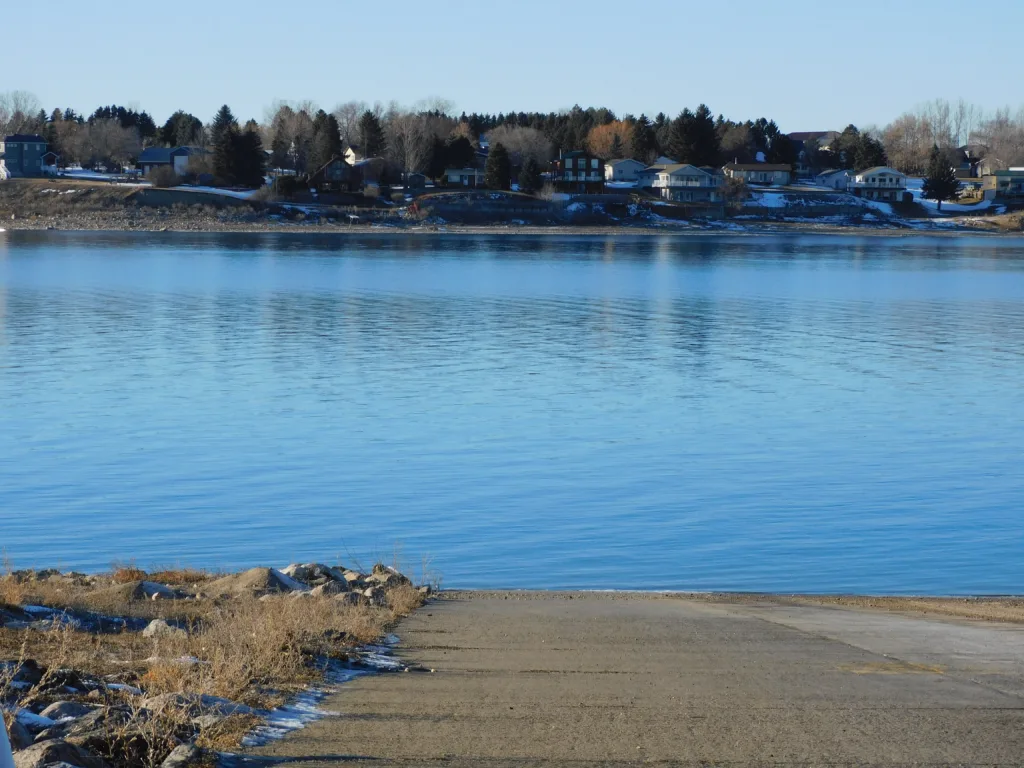

A quiet title lawsuit challenging ownership of mineral rights under Lake Sakakawea remains active after multiple county hearings, according to a recent press release. The suit, filed by former gubernatorial candidates Michael Coachman, Marvin Nelson, and Paul Sorum; questions whether a 2017 law, Senate Bill 2134, improperly relinquished state-held minerals historically managed in trust for public education.
The legislation allowed North Dakota to forgo claims to oil and gas minerals beneath certain sections of the lakebed. Supporters argued it settled long-standing disputes, while critics contend it may have cost the state hundreds of millions of dollars in potential revenue. Prior to the quiet title filings, an earlier lawsuit sought to overturn the law as unconstitutional, citing long-standing legal precedent that states cannot simply relinquish or give away property held in public trust.
Court records show the current case has already moved through several venues, including McKenzie County, where judges heard motions to dismiss in 2021. At that hearing, the State asserted it no longer claims ownership of the disputed minerals following SB 2134, while plaintiffs argued that relinquishing the state’s interest without clear transfer left title unresolved and open to legal challenge.
The lawsuit seeks to clarify whether any party now legally owns those mineral rights.
Plaintiffs argue that, in some cases, title to the minerals was never formally transferred, allowing operators to continue extracting oil from highly productive wells without compensating the public. Before 2017, the state collected royalties on these lands for the benefit of public schools, but after SB2134 directed the state to stop asserting claims outside the historical riverbed, those payments largely ceased. Where no private party has proven ownership, production has likely continued without royalties to the state or any other owner—a situation critics say amounts to a significant loss of public revenue.
The case also raises broader questions about how mineral rights are managed in North Dakota and how past legislative actions continue to shape the state’s energy landscape.